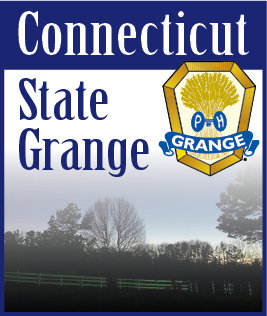| MAY 3, 2013 -- Sterling, like all towns across Connecticut, is, at this writing, working on its budget. The State generally does not have its budget in place until after towns need theirs done. We, the towns, therefore must guess at what state revenues we will receive.
This year, Sterling was one of many towns in our state, to have gone through mandatory property tax revaluations. Towns in Connecticut must go through revaluation every five years, or forfeit state aid. Because of the economic situation, the Grand List, which is the total value of the town’s properties (residential and commercial), dropped in Sterling by one-third. This drastically affects the mill rate!
The mill rate is the rate at which property taxes are determined. Towns need a certain amount of dollars to run their town, community services and schools. The mill is used to compute the tax rate.
While some revenue is generated from licenses, fees, fines and state revenues, the bulk of the money municipalities depend on comes from taxes.
In Sterling, the school system uses 80+% of our total town budget. In addition, a good part of our Selectman’s budget goes to purchase a new bus, annually; maintain the fleet of school buses and vans and pay the salary of our part time town mechanic. Our mechanic spends over 95% of his time on school related vehicle work.
If the Governor’s suggestion to eliminate the car tax is passed, towns like Sterling would face even higher property taxes; this would indeed have a drastic negative impact.
In Sterling, if the car tax is eliminated, as the Governor currently proposes, we would lose approximately $744,000.00 in revenue; yet another blow to a struggling municipality.
Editor's Note: Russell Gray also serves the Town of Sterling as First Selectman. |
